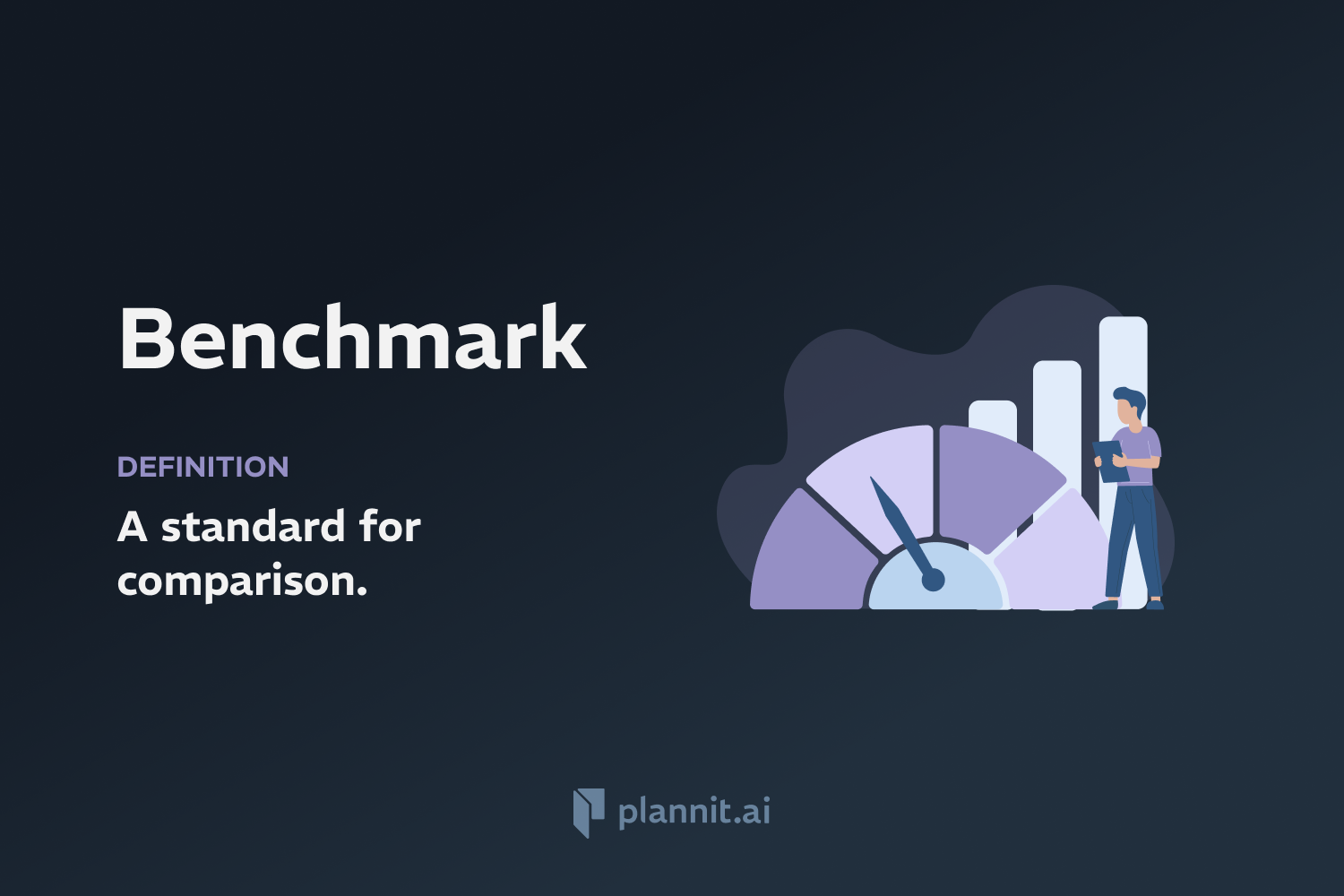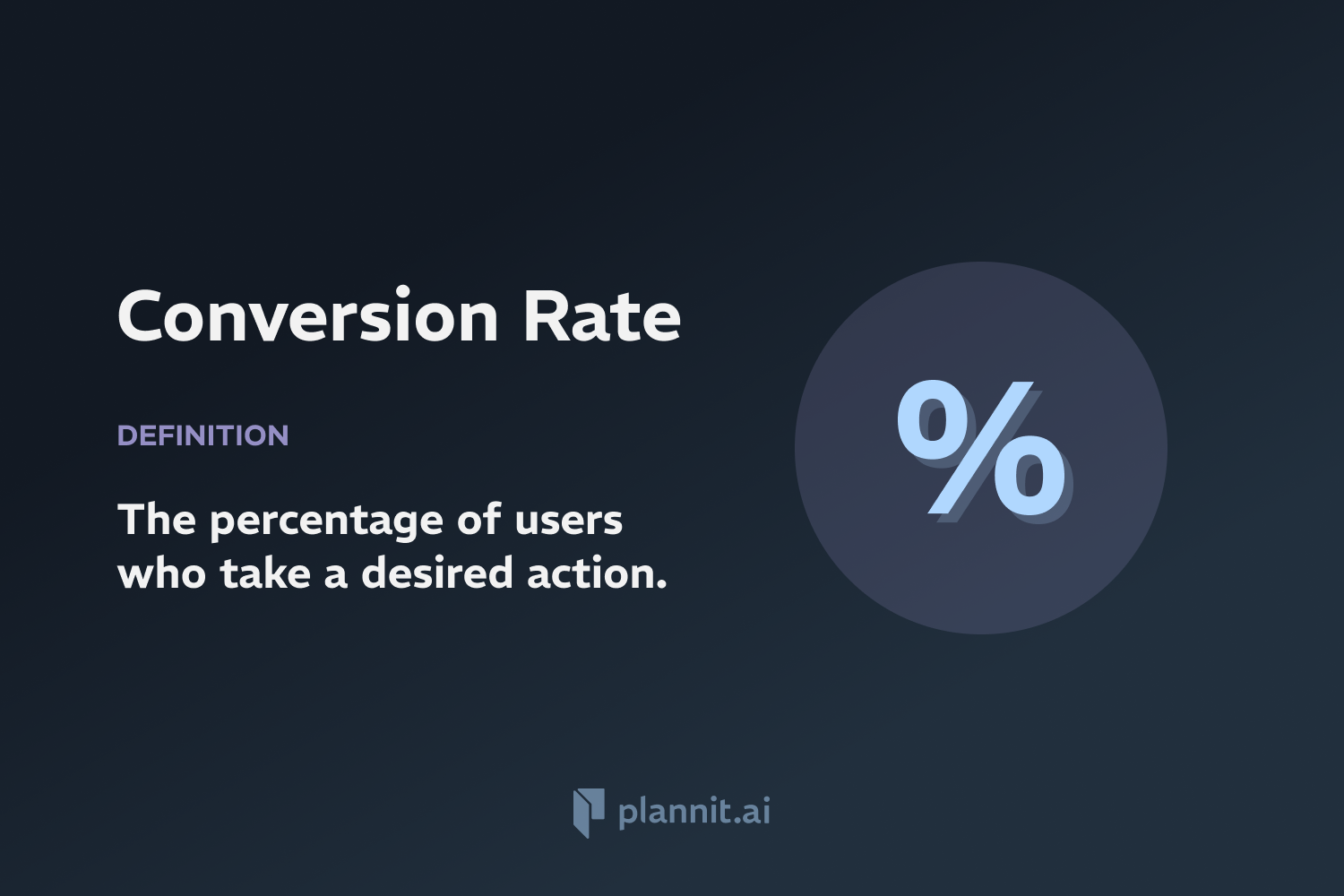Need Help With Your Business Plan?
Answer tailored questions and get a detailed business plan in minutes.
Benchmarking: Definition & In-Depth Explanation

Context of Use:
Benchmarking is a process used in management in which companies evaluate various aspects of their processes in relation to best practices, usually within their own sector. This involves looking at standards, metrics, processes, and practices of leading companies and comparing them against one's own performance. The goal is to identify gaps, areas for improvement, and strategies that have proven successful in the industry. Benchmarking is applicable across various functions of an organization, including operations, finance, human resources, and marketing.
Purpose:
The primary purpose of benchmarking is to help organizations understand how they compare with the best in their industry and to identify where they can improve their own processes, products, services, and strategies. By adopting best practices, companies can enhance their efficiency, productivity, and ultimately, their competitiveness in the marketplace. Benchmarking also fosters a culture of continuous improvement and innovation within the organization.
Example:
A retail company wants to improve its customer satisfaction levels. It conducts benchmarking by studying the customer service processes of the highest-rated retailers in its segment. The company looks at key metrics such as response times, resolution rates, and customer feedback scores. Based on this analysis, it identifies several areas for improvement in its own customer service processes, such as implementing a more efficient customer feedback system and training staff to respond more effectively to customer inquiries.
Related Terms:
Best Practice: A method or technique that has been generally accepted as superior to any alternatives because it produces results that are superior to those achieved by other means.
KPI (Key Performance Indicator): A set of quantifiable measurements used to gauge a company's overall long-term performance.
Competitive Benchmarking: Comparing a company's processes and performance metrics to industry bests or best practices from other companies.
Internal Benchmarking: Assessing internal practices and performance in different departments or branches of the same organization.
Strategic Benchmarking: Examining how companies compete and devising strategies based on the analysis of other industries or areas not directly in competition.
FAQs:
How often should a company conduct benchmarking?
The frequency of benchmarking can vary depending on the industry, the pace of change, and the company's specific goals, but it is generally recommended to conduct benchmarking exercises at least annually or as part of the strategic planning process.
Is benchmarking only useful for large companies?
No, companies of all sizes can benefit from benchmarking. It helps small and medium-sized enterprises identify competitive advantages and areas for improvement by learning from the leaders in their industry.
Can benchmarking be done against companies outside of one’s own industry?
Yes, this is known as generic benchmarking. It involves comparing operations or practices with those of companies in unrelated industries to discover innovative approaches or technologies that could be adapted to one's own business.
What are the main challenges of benchmarking?
Challenges include finding relevant and reliable data for comparison, the potential cost and time required for comprehensive benchmarking, and implementing changes based on benchmarking findings.
How can a company start the benchmarking process?
Starting with a clear understanding of the company's goals and objectives, identify key areas for improvement, select appropriate benchmarks and metrics, collect data, and then analyze it to identify gaps and opportunities for improvement. Collaboration with industry groups or hiring consultants who specialize in benchmarking can also be beneficial.
Get funding with a business plan that will impress investors.
Starting a New Business?



